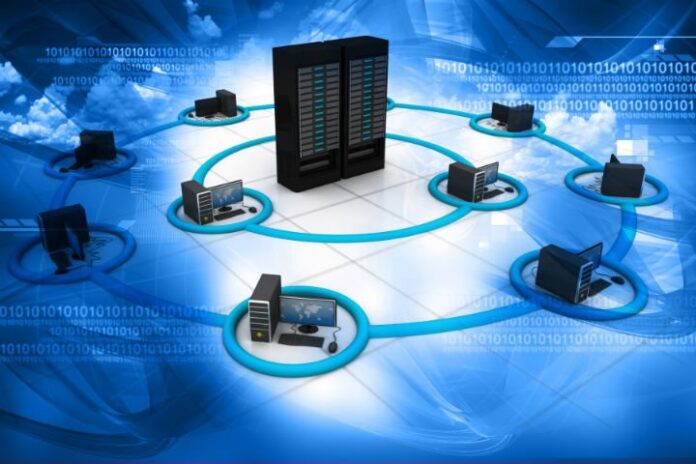Editor’s Note: Welcome to our weekly Reality Check column where C-level executives and advisory firms from across the mobile industry share unique insights and experiences.
There will be two particularly important business opportunities unfolding next year in the electronics and high-tech industry.
The first is the growing importance, broader use and more extensive leveraging of digital as the industry’s universal language and central driver of all key strategic decisions, investments, goal-setting and performance metrics. The second is the unprecedented rise in proliferation and commercialization of the industrial “Internet of Things.”
Business opportunity one: digital
Why digital now? In this case, context is important. Digital technologies have been used in this industry for several years. But next year the importance of digital will not be about what digital technology does or how it works, it will be about new digital mindsets driving executive decisions and investments. The digital wave of 2015 will be about how companies apply it to create business advantage by developing new products and services, entering new industries and creating new markets.
Next year, when industry executives make priority evaluations about strategy, marketing, investments, product development, supply chain, customer service and many other aspects of their businesses, they will do so with digital strengths, assets, and competitive differentiators and capabilities as pivotal decision-making criteria. It will be more evident that electronics and high-tech businesses are becoming completely digital and that more consumers are living fully connected digital lifestyles.
In 2015 and beyond, digital mindsets will coalesce more broadly throughout electronics and high-tech. Digital will become the universal language, the strategic backbone, the structural and foundational framework, and the singular channel through which people in this industry will make the most important decisions about how to better serve their customers and generate more revenues and profits.
This digital transformation will manifest itself throughout a broad range of markets such as medical technology, aerospace and defense, consumer technology, enterprise technology, communications technology, enterprise software and semiconductors. In all these markets, digital will be the central driver for solving problems, improving operations, lowering costs, boosting revenue and profits and improving customer experiences.
Business opportunity two: Industrial IoT
In recent years, you have probably heard about the industrial Internet of Things. Accenture defines IIoT as the convergence of intelligent industrial products, processes and services that communicate with each other and with people over global networks. This spans many aspects of the electronics and high-tech industry, such as manufacturing, supply chain and product development. Conservative estimates suggest worldwide industrial Internet spending is set to increase from $20 billion in 2012 to $500 billion by 2020.
In 2015, the IIoT will become more of a business reality, meaning more businesses will offer more products and services enabled by digital technologies. Accenture produced a new report on this topic titled “Industrial Internet of Things – Reimagining the Possibilities.”
Early adopters of industrial Internet have been focused on operational efficiency, such as automation, more flexible production techniques and predictive maintenance. In the next few years, savvy leaders will focus on achieving revenue gains from IIoT by increasing production and introducing hybrid business models such as product-service hybrids, which are connected, intelligent physical goods capable of producing data for use in digital services.
Measured by the number of commercial products introduced, real-world applications used and technological innovation, the IIoT will take a major step forward next year. The IIoT will no longer be an intriguing, over-the-horizon concept. It is evolving rapidly into new and tangible ways to connect disparate types of electronics equipment, devices, services and software than have ever been connected before, delivering unprecedented benefits, opening new markets, changing how people live and work.
Final thoughts
Electronics and high-tech is a complicated industry. There are plenty of issues to keep up on. They include the economical deployment of cloud computing, software-as-a-service delivery, progress with the emerging subscription renewal economy and broader use of product life cycle development processes. They are all important. And they are all interwoven with the growth in digital and the IIoT.
Sami Luukkonen is global managing director for Accenture’s Electronics & High-Tech group. He can be reached at: sami.luukkonen@accenture.com.
Photo copyright: bluebay / 123RF Stock Photo

